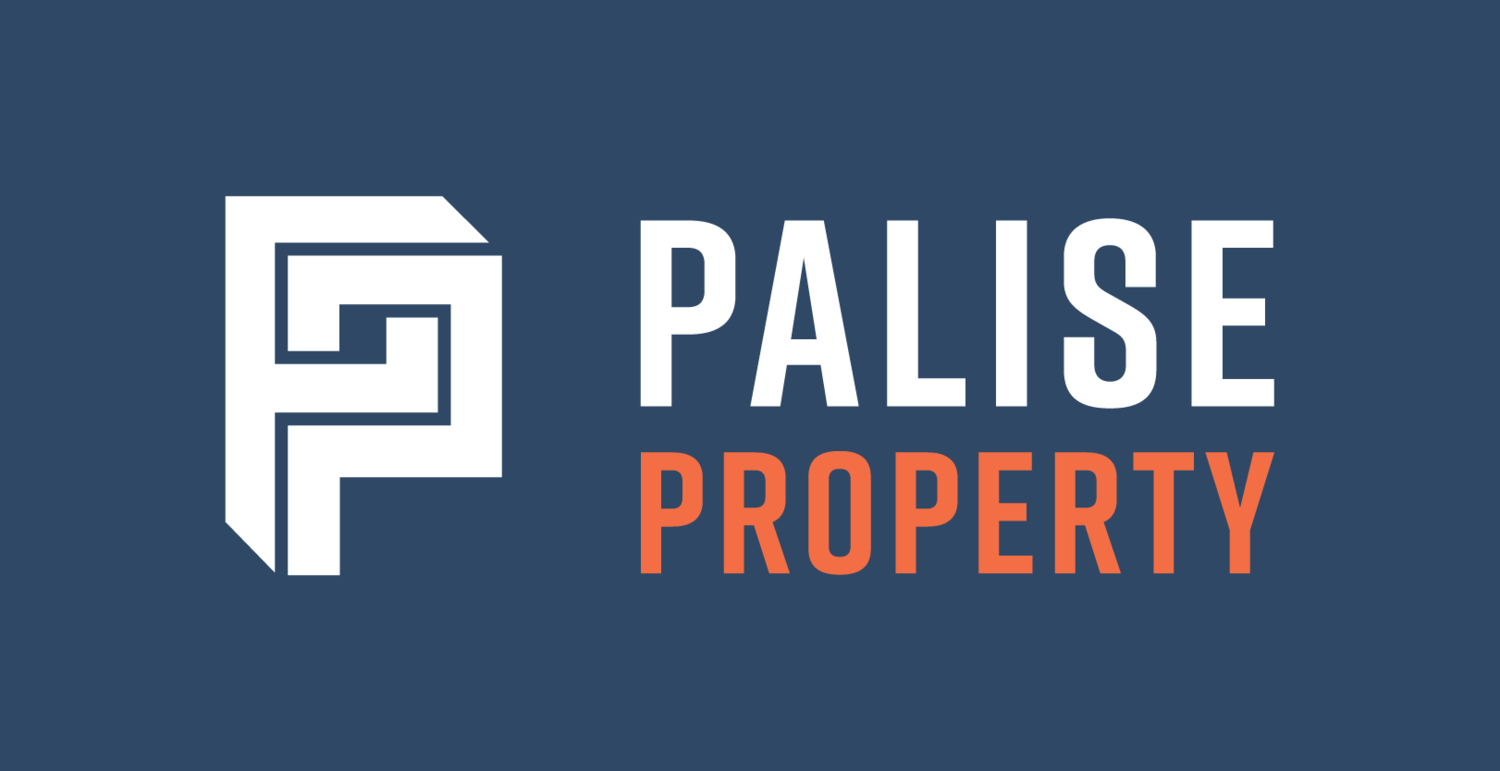Curious About What Really Happens After You Buy a Commercial Property?
Congratulations—you’ve found the perfect commercial property and successfully navigated the purchasing process. Now it’s time to take the next step and ensure that your new property is managed in a way that will maximise its value.
First, it’s important to develop a clear understanding of your goals for the property. Are you hoping to increase your rental income? Attract new tenants? Improve the appearance of the property? Once you know what you want to achieve, you can develop a plan of action.
If necessary, hire a professional property manager to help you implement your vision. From there, it’s all about staying on top of maintenance, keeping an eye on market trends, and being proactive about making improvements.
With a little hard work, you can turn your commercial property into a hugely successful investment.
So, in this blog post, we’ll have a look at what it takes to manage your property in a way that adds value to it.
Post-Purchase Things to Consider
Managing a commercial property is not as simple as it might first appear. Although the tenant is often responsible for all outgoings, you still have a number of important responsibilities. These include carrying out regular inspections; arranging repairs and maintenance; and dealing with any tenant queries or concerns.
Additionally, you need to ensure that you’re keeping up to date with all your record keeping, council permits, bank reconciliations, rental arrears, and lease obligations.
Have You Considered Hiring a Property Manager?
Owning a commercial property can be a great investment, but it’s important to understand the level of commitment required before you take the plunge. Managing the property can be a full-time job in itself, so it’s important to make sure you have the time and energy to devote to it.
Personality is key when it comes to managing a commercial property. You need to be able to resolve disputes in a diplomatic way and have the time to pay attention to details. If you don't have the right personality, you won't be able to effectively manage your commercial property.
Time management is also crucial. You need to be able to devote enough time to your property so that you can keep on top of all the details.
If you can't do both of these things, then you should consider hiring a professional property manager.
For most people, managing their own property is a way to save money and increase cash flow. However, poor property management can actually end up costing a lot of time, money, and stress. If you're not careful, you could end up with problem tenants, damaged property, or even legal problems.
A good property manager will know how to screen tenants, handle maintenance and repairs, and deal with any other issues that might come up. They can also help you maximise your rental income and minimise vacancies.
So, in the long run, hiring a professional property manager can actually save you a lot of money and a lot of headaches.
However, there are some situations where it makes more sense to manage the property yourself. For example, if you have the time and the necessary personality traits, you may be able to do a better job than a professional property manager.
After all, it's your personal investment, and you have a vested interest in its success. Of course, self-management is not for everyone, and it's important to weigh the pros and cons before making a decision. But if you're up for the challenge, it could be the right move for you.
So it all comes down to what’s going to work for you and help you achieve success with your commercial property investment.
Choosing a Property Manager
Let’s say you’ve weighed up the pros and cons and opted to hire a property manager to take over the day-to-day running of your commercial property; how do you go about choosing the right property manager?
Finding the right property manager is essential to the success of your investment.
A good manager will work with you to understand your objectives and then use their expertise to find the right tenant for your space. They will also be instrumental in maintaining a good relationship with the tenant, which is essential for a long-term lease. And perhaps most importantly, a good manager will be proactive in solving problems and addressing concerns.
As a result, a positive relationship with your property manager can mean the difference between a long-term rented property and a vacant one.
Key Takeaways
After you've found the perfect commercial property and made the purchase, you might breathe a sigh of relief and think your work is done. However, managing a commercial property is not as easy as it may seem. Although you can certainly handle the day-to-day tasks yourself, there is a lot more to successful property management than just completing transactions.
A good property manager will be focused on building relationships, not just checking items off a to-do list. Their goal should be to increase the value of your asset while also maintaining and increasing cash flow each year.
With their help, you can enjoy the fruits of your investment without having to worry about the details. So, hiring a property manager might be worth considering post-purchase.
If you would like to know more details about what to expect after you’ve purchased your commercial property, including engaging a property manager, their fee structure, selecting and managing a tenant, as well as rental increases, make sure to check out my book, Commercial Property Investing Explained Simply.
Alternatively, if you would like to know more about how I have helped thousands of clients successfully source and purchase quality commercial property across the country, get in touch today.
